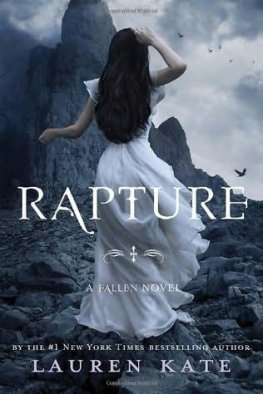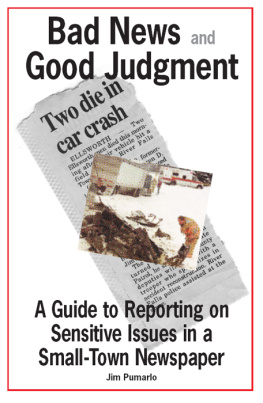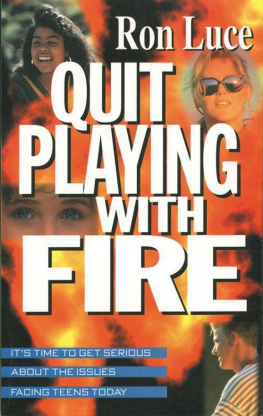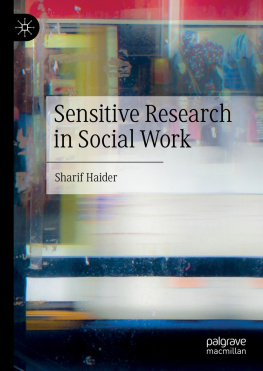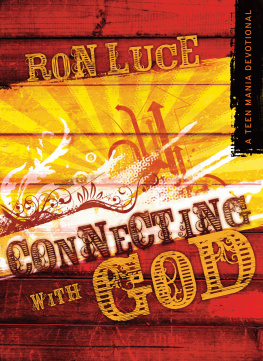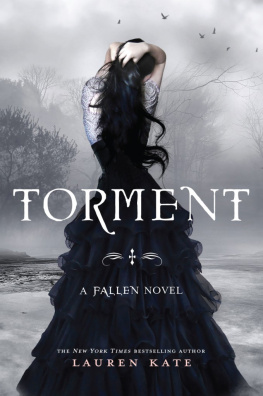
Ethical Reporting of Sensitive Topics
Ethical Reporting of Sensitive Topics explores the underlying complexities that journalists may face when covering difficult news stories. Reporting on issues such as suicide, sexual abuse, or migration is a skill that is often glossed over in a journalists education. By combining theory and practice, this collection will correct this oversight and give journalists the expertise and understanding to report on these subjects responsibly and ethically.
Contributors to this volume are an international group of journalists-turned-academics, who share their first-hand experiences and unique professional insight into best ethical journalistic practice for reporting on sensitive topics. Drawing from a range of case studies, contributors discuss the most appropriate approach to, for example, describing a shooter who has killed a group of schoolchildren or interviewing someone who has lost everything in a natural disaster. Readers are invited to consider factors which have the potential to influence the reporting of these sorts of topics, including bias, sensationalism, conflict of interest, grief, vulnerability, and ignorance of ones own privilege.
Ethical Reporting of Sensitive Topics aims to support all journalists, from students of journalism and individuals encountering a newsroom for the first time, to those veteran journalists or specialist journalists who seek to better their reporting skills.
Ann Luce is a Principal Academic in Journalism and Communication at Bournemouth University, UK. She worked for nearly ten years in journalism in the United States. She is author of The Bridgend Suicides: Suicide and the Media (2016), and editor of Midwifery, Childbirth and the Media (2017). She currently sits on the World Media Task Force for the Reporting of Suicide.
Ethical Reporting of Sensitive Topics
Edited by Ann Luce
First published 2019
by Routledge
2 Park Square, Milton Park, Abingdon, Oxon OX14 4RN
and by Routledge
52 Vanderbilt Avenue, New York, NY 10017
2019 selection and editorial matter, Ann Luce; individual chapters, the contributors
Routledge is an imprint of the Taylor & Francis Group, an informa business
The right of Ann Luce to be identified as the author of the editorial material, and of the authors for their individual chapters, has been asserted in accordance with sections 77 and 78 of the Copyright, Designs and Patents Act 1988.
All rights reserved. No part of this book may be reprinted or reproduced or utilised in any form or by any electronic, mechanical, or other means, now known or hereafter invented, including photocopying and recording, or in any information storage or retrieval system, without permission in writing from the publishers.
Trademark notice : Product or corporate names may be trademarks or registered trademarks, and are used only for identification and explanation without intent to infringe.
British Library Cataloguing-in-Publication Data
A catalogue record for this book is available from the British Library
Library of Congress Cataloging-in-Publication Data
A catalog record has been requested for this book
ISBN: 978-0-8153-4865-8 (hbk)
ISBN: 978-0-8153-4866-5 (pbk)
ISBN: 978-1-351-16632-4 (ebk)
Typeset in Bembo
by Deanta Global Publishing Services, Chennai, India
For my greatest teachers:
Kevin Bingham, Dr Berrin Beasley and Dr Robert Bohle
And for Billy,
my greatest champion, support, and editor
Contents
Lyn Barnes is a senior lecturer at Auckland University of Technology in Auckland, New Zealand. Lyn has worked in all areas of the media, from print and radio, television news and current affairs, to magazines as a writer and editor. While in academia, she has written extensively on covering day-to-day trauma as a domestic journalist and developed role-playing exercises for her students, which involve professional actors playing the role of victims. This gives students the opportunity to practise interviewing people who are grieving. The actors are skilled at giving constructive feedback and all the students find the exercise valuable for their interviewing skills in general. The theory of balance in trauma journalism was the result of her PhD thesis. A chapter related to journalists and emotions was published in Ethical Space in 2017. The peer reviewer recommended that it should be called Barnes theory and used in university journalism classrooms to explore what journalists do, how they are expected to behave in newsrooms, and to open up a wide discussion on professionalism. She is hoping it will.
Mathew Charles is a senior lecturer in journalism and documentary at Bournemouth University, UK. He is an award-winning filmmaker, journalist, and author who has worked extensively on urban violence and the so-called drugs war of Latin America. In 2014, his film The Engineer , which paints an intimate portrait of El Salvadors only criminologist, was nominated for Best Documentary at the Hotdocs festival in Toronto and was broadcast on television channels across Europe. The interactive version of the film was awarded the New Media Writing Prize Audience Choice Award in 2013. Charless stories from Colombia, where he is now based, include a two-year investigation into modern slavery and other human rights abuses by the countrys neo-paramilitaries in the Bajo Cauca region. This was published by The Guardian in 2018. Charles has had unprecedented access to the Urabeos criminal network as demonstrated by his investigation Inside Colombias BACRIM . He has also reported for the BBC, The Globe and Mail and Agence France Presse from across Latin America. As an academic, Charles investigates urban violence in Mexico and Central Americas Northern Triangle (Honduras, Guatemala, and El Salvador), as well as post-conflict Colombia. His PhD thesis examines theories of citizenship in relation to victims, perpetrators, and journalists living and working in what he describes as the alternative social disorder of Colombias after war.
Chris Frost is emeritus professor of Journalism at Liverpool John Moores University, UK, where he was head of department. He has been a journalist, editor, and journalism educator for more than 45 years working mainly in newspapers before his move into the academy. He is a former chair of the Association for Journalism Education, which represents virtually all HE journalism departments in the UK and Ireland. He is an executive board member of the Institute of Communication Ethics and co-editor of Journalism Education . He sits on the editorial boards of Ethical Space , the Australian Journal of Journalism Research , and Journalism and Discourse Studies . He sits on the National Executive Committee of the National Union of Journalists and has been chair of the unions Ethics Council for many years and is also a National Council member of the Campaign for Press and Broadcasting Freedom. He is a former president of the National Union of Journalists and a former member of the UK Press Council. He has written several books about journalism: Journalism Ethics and Regulation (fourth edition, 2015); Designing for Newspapers and Magazines (second edition, 2011); Reporting for Journalists (second edition, 2010); and Media Ethics and Self-Regulation (2000), as well as many book chapters and papers on journalism ethics and regulation. He also gave evidence to the Leveson Inquiry for the National Union of Journalists.




